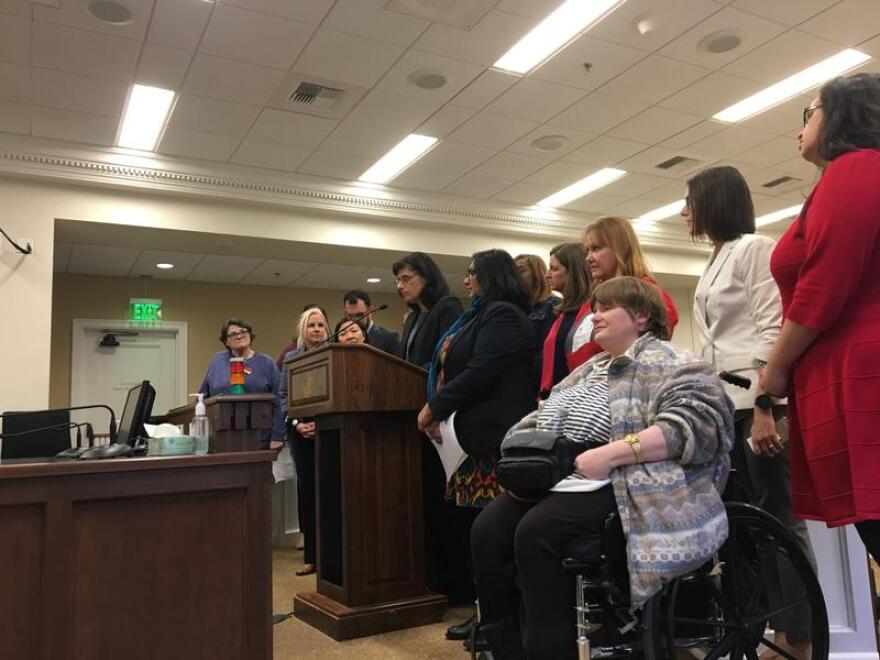A series of changes to state housing laws are weeks away from going into effect July 28. They're the result of a push this year by state lawmakers to stem rising homelessness in Washington.
The policies include protections designed to shield tenants from sudden evictions or rent increases, as well as incentives and funding intended to spur cities and counties to increase the supply of housing.
KNKX reporter Will James spoke with Morning Edition host Kirsten Kendrick about the policy changes and how different groups, including landlords and city officials, are preparing.
The policies going into effect next month include:
- An "eviction reform" law that, among other changes, gives tenants two weeks to pay overdue rent before eviction proceedings begin, instead of just three days. The law gives tenants more time to recover from a short-term financial crisis or scrape together rent. Since research has shown eviction leads to homelessness for many people, advocates hope the law will stop a one-time crisis from spiraling.
- Requirements that landlords notify tenants earlier of rent increases and other changes. New laws mandate landlords give tenants 60 days' notice of any rent increase and 120 days' notice if tenants will be displaced by a renovation or demolition. Such projects have resulted in mass displacements of dozens of tenants at a time in recent years, including in Tacoma.
- A law making it easier for cities to pass zoning changes that ease the construction of apartment buildings near transit stations, triplexes and duplexes in single-family neighborhoods, and apartments on single-family properties. The law provides grants for cities to pay for planning costs and can protect cities for lawsuits challenging the zoning changes. Cities have two years to take action to reap the benefits of the law.
- A new funding stream for affordable housing. The policy allows cities and counties to hold onto a portion of the state sales tax and use the revenue for housing construction. Cities and counties have six months to opt in.







